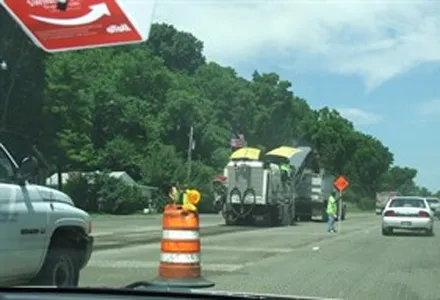Welcome to our sustainability series where leaders from Cummins, Volvo Construction Equipment, and Topcon Positioning Systems tackle a critical question: Can sustainability coexist with profitability in construction and quarrying?
Volvo's Pontus highlights studies showing sustainable technology adds only 1-2% to total project costs, emphasizing long-term benefits. Topcon's Michael emphasizes the cost-saving aspects of sustainability, including increased efficiency and reduced waste.
Cummins' Jeremy sees the answer evolving over time, with newer engine specs and emissions standards offering long-term benefits. The leaders discuss opportunities in connectivity and digitalisation.
Pontus raises the question of emerging funding options, noting some countries incentivize sustainable road projects. Join us to explore how sustainability and profitability intersect in these industries.








